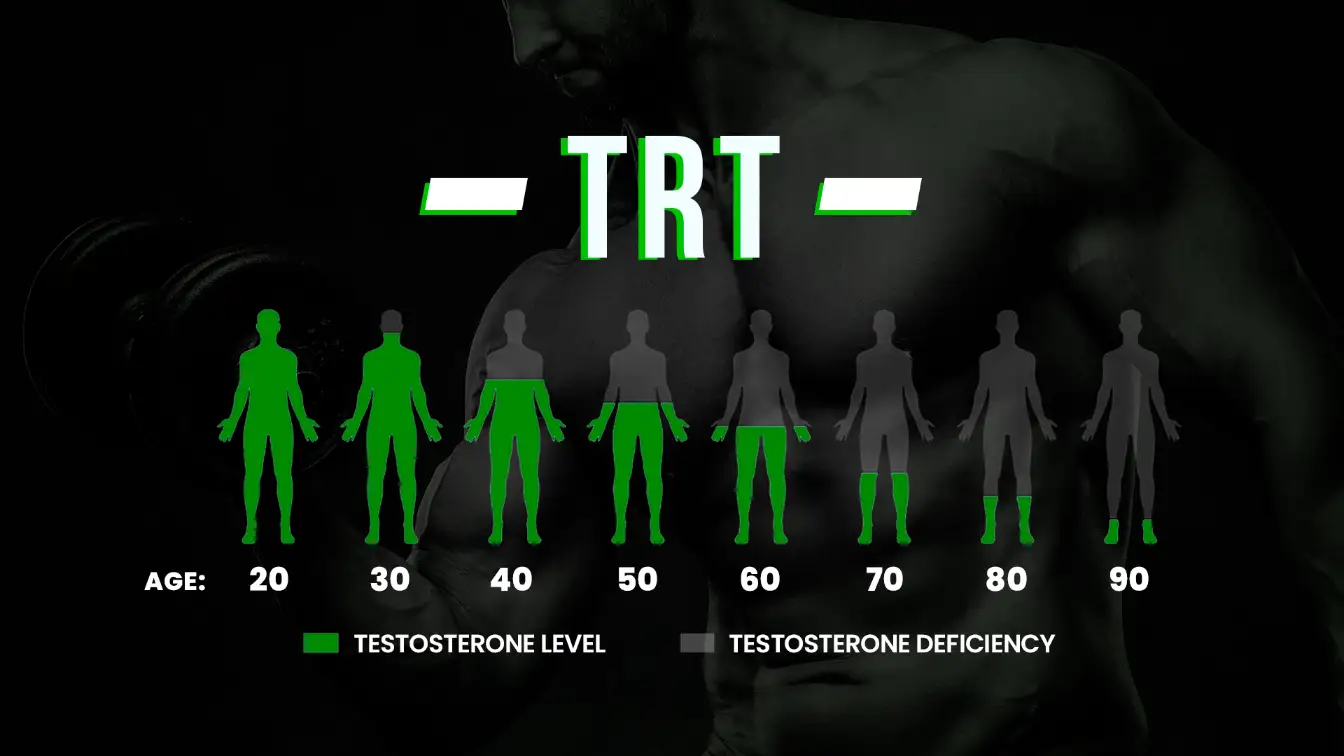Introduction:
In the realm of hormones, testosterone stands as a powerful and essential player.
This intricate chemical messenger, primarily associated with masculinity, extends its influence far beyond muscles and strength.
From enhancing physical performance to influencing mood, cognition, and overall well-being, testosterone holds the key to a myriad of bodily functions.
In this comprehensive guide, we’ll delve into the intricate world of testosterone, unveiling its power, exploring its functions, the factors that influence its levels, and how you can maintain optimal levels for a vibrant and healthy life.
Understanding the Power of Testosterone:
Testosterone is a steroid hormone produced mainly in the testicles for men and, to a lesser extent, in the ovaries for women.
It plays a pivotal role in the development of male reproductive tissues, including the testes and prostate, and is crucial for the growth of muscle and bone mass.
However, its influence goes beyond the obvious physiological attributes.
Physical Performance and Muscle Growth:
Testosterone is renowned for its role in enhancing physical performance and aiding muscle growth.
It supports the synthesis of proteins, the building blocks of muscles, and helps regulate muscle mass and strength.
Athletes and fitness enthusiasts often explore ways to naturally boost testosterone levels to optimize their training outcomes.
Cognitive Function and Mood:
Beyond its impact on the body, testosterone also exerts a significant influence on cognitive function and mood.
Adequate testosterone levels are associated with enhanced cognitive abilities, including memory, focus, and problem-solving skills.
Moreover, it plays a role in regulating mood and emotional well-being, helping combat conditions like depression and anxiety.
Aging and Hormone Decline:
As we age, the body’s production of testosterone naturally declines.
This decline can lead to various age-related concerns, including reduced muscle mass, bone density, and energy levels.
The gradual decrease in testosterone can also impact cognitive function and overall quality of life.
Factors Influencing Testosterone Levels:
Several factors contribute to the delicate balance of testosterone in the body.
Lifestyle choices such as diet, exercise, and sleep patterns play a significant role.
Additionally, chronic stress, obesity, and certain medical conditions can disrupt the body’s hormonal equilibrium, leading to fluctuations in testosterone levels.
Maintaining Optimal Testosterone Levels:
The pursuit of optimal testosterone levels involves a holistic approach.
Incorporating a balanced diet rich in essential nutrients, engaging in regular physical activity, managing stress, and ensuring adequate sleep are crucial steps.
In some cases, medical interventions such as hormone replacement therapy may be recommended, but they should always be conducted under the guidance of qualified healthcare professionals.
Conclusion:
Testosterone power plays a crucial role in physical performance, mental clarity, and emotional well-being. By understanding what influences its levels and adopting a holistic approach, you can improve your overall health.
Whether you’re seeking peak performance or aging gracefully, embracing the power of testosterone can transform your life. Take control of your well-being today!
Disclaimer:
The information provided in this blog is for educational purposes only and should not be considered a substitute for medical advice. Always consult with a qualified healthcare professional before making any changes to your health regimen.




